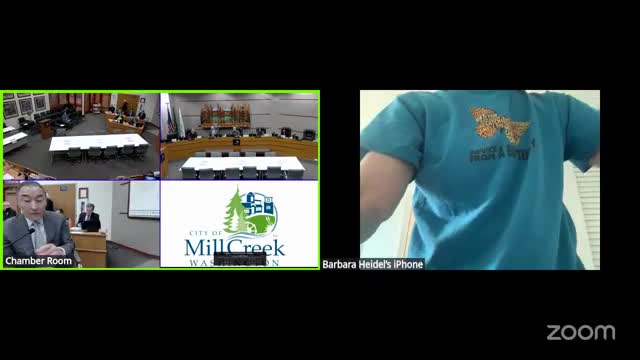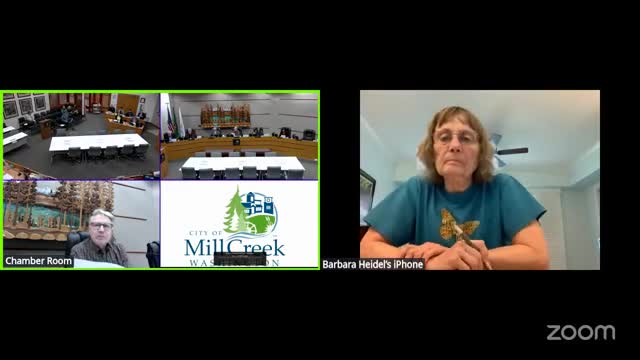Article not found
This article is no longer available. But don't worry—we've gathered other articles that discuss the same topic.

City staff outline required middle‑housing code changes, unit‑lot subdivisions and ADU allowances

Council studies potential revenue options including business, utility and vehicle fees

Council unanimously approves three‑year Microsoft Enterprise Agreement

